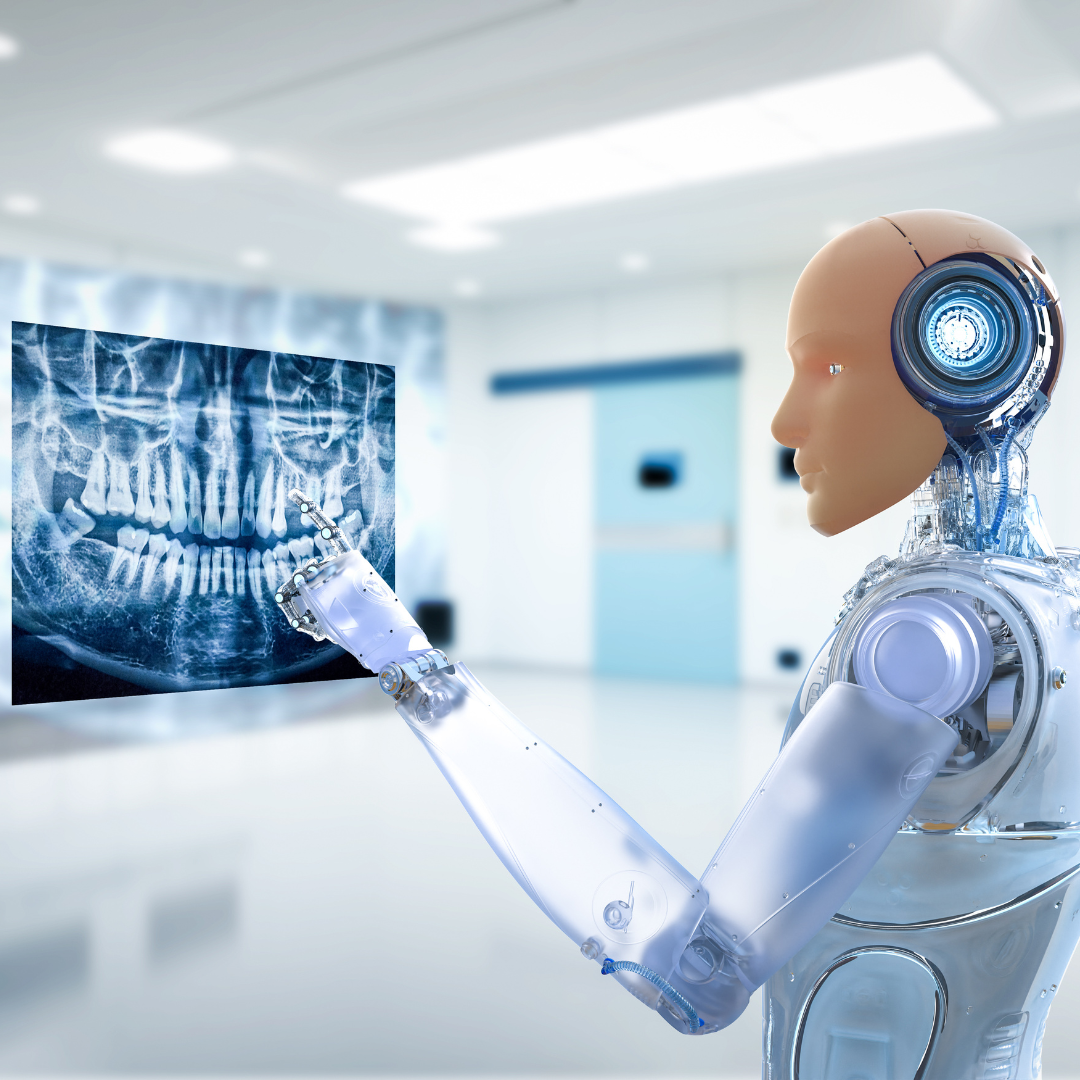
Alzheimer’s & Dementia: Recognizing Early Signs and Treatment Options
- 17th March 2025
Introduction
Alzheimer’s disease and dementia are progressive neurological disorders that affect millions of people worldwide. Early detection and proper management can significantly improve the quality of life for patients and caregivers. In this article, we’ll discuss the early signs of Alzheimer’s and dementia, their causes, and available treatment options to help manage the condition effectively.
Understanding Alzheimer’s & Dementia
Dementia is a broad term that describes a decline in cognitive function severe enough to interfere with daily life. Alzheimer’s disease is the most common form of dementia, accounting for nearly 60-80% of cases. While dementia itself is not a specific disease, it is a syndrome resulting from various underlying conditions that lead to memory loss, impaired judgment, and personality changes.
Early Signs and Symptoms
Recognizing the early symptoms of Alzheimer’s and dementia is crucial for timely intervention. Some of the most common early signs include:
Memory Loss – Forgetting recent events, names, or important dates.
Difficulty Performing Familiar Tasks – Struggling with everyday activities like cooking, managing finances, or driving.
Confusion with Time and Place – Losing track of dates, seasons, and locations.
Difficulty Finding Words – Trouble joining conversations or recalling simple words.
Decreased Judgment – Poor decision-making or unusual spending habits.
Mood and Personality Changes – Increased irritability, depression, or withdrawal from social activities.
Misplacing Items – Placing objects in unusual places and struggling to retrace steps.
Causes and Risk Factors
Several factors contribute to the development of Alzheimer’s and dementia, including:
Age – The biggest risk factor, with most cases occurring after 65.
Genetics – Family history increases the likelihood of developing the condition.
Lifestyle Choices – Poor diet, lack of exercise, and smoking can increase the risk.
Chronic Diseases – Conditions like diabetes, hypertension, and obesity can contribute to cognitive decline.
Diagnosis and Treatment Options
There is no single test for diagnosing Alzheimer’s and dementia. Physicians use a combination of medical history, cognitive tests, imaging scans (MRI, CT), and blood tests to confirm the condition.
Although there is no cure, treatment options focus on slowing the progression and improving quality of life:
1. Medications
Cholinesterase Inhibitors (Donepezil, Rivastigmine) help improve communication between brain cells.
Memantine helps regulate brain function in moderate to severe cases.
2. Lifestyle Modifications
Healthy Diet – A Mediterranean diet rich in vegetables, fish, and healthy fats can support brain health.
Regular Exercise – Physical activity improves blood flow and cognitive function.
Mental Stimulation – Engaging in puzzles, reading, and social activities helps keep the brain active.
3. Alternative Therapies
Music Therapy – Helps reduce anxiety and improve mood.
Aromatherapy – Certain essential oils like lavender may help with relaxation.
Caring for a Loved One with Alzheimer’s or Dementia
Caregiving for a dementia patient can be challenging. Here are some tips to ease the process:
Establish a Routine – Consistency helps reduce confusion.
Simplify Communication – Use simple sentences and maintain eye contact.
Ensure Safety – Remove tripping hazards and install safety measures at home.
Seek Support – Join caregiver support groups or consult healthcare professionals for guidance.
Conclusion
Alzheimer’s and dementia are life-altering conditions, but with early recognition and proper care, patients can maintain a better quality of life. Staying informed and adopting a proactive approach can make a significant difference for both patients and caregivers. If you or a loved one are experiencing early signs, seek medical advice promptly.
For more health insights, visit healthboxopd.com and stay informed about the latest medical advancements.





